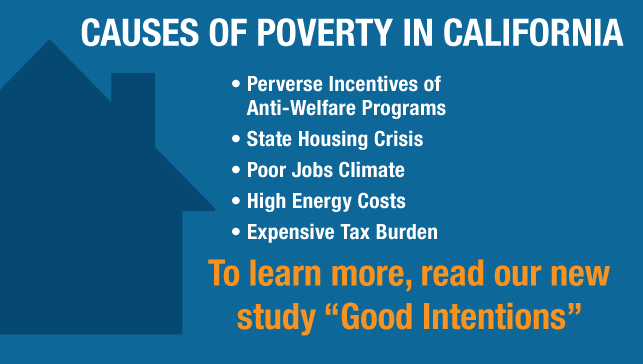Public-sector employees who want to be freed of forced unionization are hoping that the Supreme Court will release them from their yoke when it issues its impending ruling in the case of a government worker who sued the union that claims to represent him.
Others, though, fear a future in which they believe government workers in California will lose thousands of dollars in yearly income.
“If the court rules as expected, the impact would be negative on union membership, negative on wages,” says Frank Manzo, policy director at the Illinois Economic Policy Institute, which recently published a report that predicts California public-employee unions will lose 189,000 members “over time” after the Court’s Janus vs. ASCFME ruling, and government workers’ incomes will fall by $2,079 a year.
The report also says, “state and local government workers would lose $4.4 billion in total wage and salary income.” If so, there are a lot of overburdened taxpayers in California who won’t be “all broken up,” to borrow a Harry Callahan phrase, if those losses were to happen.
We should not be surprised the group would reach this conclusion. The agenda of the Illinois Economic Policy Institute is to guard unions’ enormous power. But public-sector workers probably don’t need to worry too much about having their salaries and wages cut as soon as the decision is issued. Or even in the longer-term. At least not in California, where those who determine public-employee salaries are heavily beholden to the public-employee unions. Don’t be surprised if Sacramento attempts to make an “end-run” around the Supreme Court’s decision the same way New York and New jersey are hoping to.
The case causing all the anxiety and indigestion among public-sector unions was brought by Mark Janus, an Illinois state employee, sued the American Federation of State, County and Municipal Employees, Council 31, in 2015. According to the filing, he felt that he was being forced to pay agency fees to the union “against his will.”
“For years,” Janus wrote in a 2016 Chicago Tribune commentary explaining his position, his union “supported candidates who put Illinois into its current budget and pension crisis. Government unions have pushed for government spending that made the state’s fiscal situation worse.”
So, he wants out. But union bosses don’t want him, or any other worker paying union dues, to have free agency. They’re happy with the decades-long arrangement that that keeps them fat both financially and politically.
The Illinois study, which is being waved around by unions like a bloody shirt, makes it sound as if this is all about poor government workers being the victims of a well-funded and malevolent conspiracy.
“This study highlights the reason billionaires and corporations have funded special interest groups that spend millions upon millions of dollars to pursue cases like this one; to weaken unions and take away rights from working people,” says Yvonne Walker, president of Service Employees International Union Local 1000, which is the largest government employee union in California. “What this study doesn’t reveal is that our eyes are wide open to the ‘Right to Work’ lies designed to divide us.”
Of course, the union bosses want to avoid discussing the real issue: the freedom for public employees to decide for themselves if they want to join a union or not. They believe they’ve already lost at the Supreme Court and know they will lose in the court of public opinion if that’s the focal point.
Kerry Jackson is a fellow with the Center for California Reform at the Pacific Research Institute.

